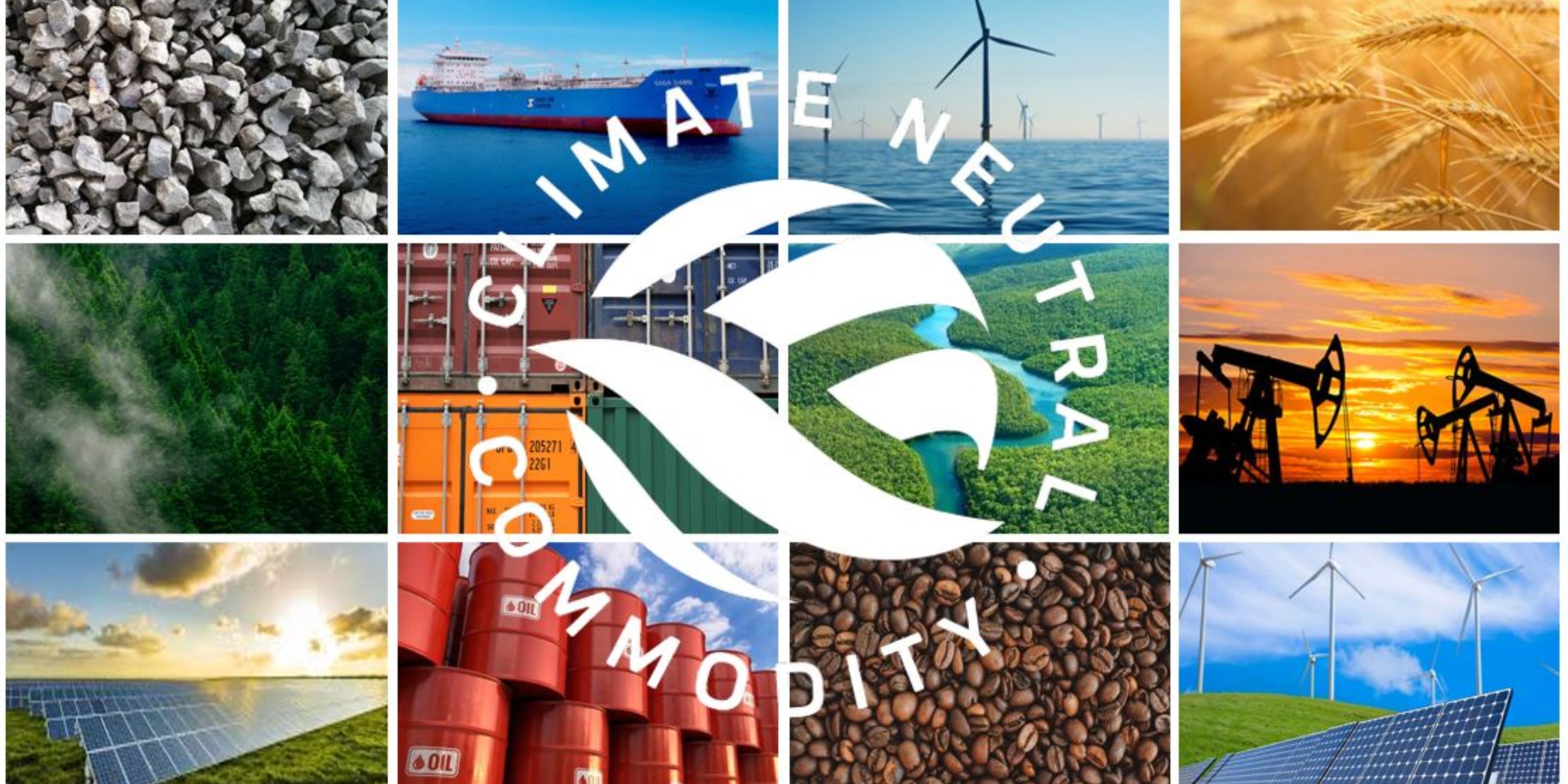To better understand how environmental regulations and stakeholders are creating challenges for the commodity industry, HC Insider speaks to Paul Sébastien, Co-Founder of Climate Neutral Commodity, a Swiss initiative supporting the global commodity industry in its transition to carbon-neutrality.

HC Insider: What are some of the challenges facing the commodity industry?
Paul Sébastien: The commodity industry is facing pressures from new environmental regulations and stakeholders to address its carbon impact and climate change. As a result, industry players are committing to meeting carbon neutral targets and to set-up decarbonised supply-chains. In the meantime, trade finance banks are also trying to respond to the demand from the public, shareholders, and clients to make sustainability a priority in their financing and investment decisions. Commodity producers and traders have already voiced their commitment and in the past few months we have seen the first announcements for carbon neutral LNG cargoes. However, the process of measuring and mitigating the carbon footprint of a transaction is complex and suffers from a lack of transparency.
HC Insider: How can this lack of transparency be improved?
PS: Measuring the carbon footprint of a commodity is complex. To be accurate it demands that you cover the whole value chain (production, transformation, logistics to delivery) with verified primary data, or where needed, with extrapolated data that is based on justifiable and conservative scenarios. Major commodity industry stakeholders only have some data related to their activity in the value chain. The calculation of the footprint of an entire value chain is a tricky process. The same is true for the intricate process of offsetting carbon footprint in an unorganised market with various standards for voluntary emission reductions. There is a lot at stake with regards to efficiency and real impact but above all, with regards to credibility and reputation. There is an urgent need for standardisation, verification, and certification in the process to measure, report and offset the carbon footprint of a company or a transaction. This will ensure compliance with recognised standards.
HC Insider: How is talent demand changing as companies transition to carbon-neutrality?
PS: Companies willing to achieve net-zero emissions targets have to set-up long-term reduction plans to monitor and mitigate the carbon footprint of their own activities, and also of their supply-chains. The demand for analysts to be able to measure the carbon footprint of the supply chain is growing, but also for sustainability and carbon neutrality experts to develop offset or insetting programs. New business opportunities are also emerging for traders and producers willing to respond to this growing demand for decarbonised commodities and to explore trading opportunities offered by the development of voluntary carbon markets.
The process of measuring and mitigating the carbon footprint of a transaction is complex and suffers from a lack of transparency
HC Insider: What is the Climate Neutral Commodity initiative?
PS: Climate Neutral Commodity (CNC) is a Swiss initiative supporting the global commodity industry in its transition to carbon neutrality. The initiative brings transparency to calculate and offset the carbon footprint of a transaction from production to delivery. CNC establishes a transparent and audited label ensuring best practices to calculate and offset the carbon footprint of a transaction.
HC Insider: What is involved in the auditing process?
PS: The Climate Neutral Commodity label is issued after the process of calculating the carbon footprint of a transaction and the offset is audited by a third-party. This audited process ensures compliance with recognised standards and short-listed eligible emissions reduction certificates, as defined in the Climate Neutral Commodity label guidelines.
HC Insider: Who is involved in the initiative?
PS: I co-founded Climate Neutral Commodity with Christophe Riedi, who held executive finance and project management roles in the shipping industry before creating CTA Advisory, the advisory branch of the Commodity Trading Association – the first professional network in the commodity industry. I’m a former gas, power, and carbon emissions trader and for the past three years I have accompanied energy and environmental transition programs. We are both proud to collaborate with a high-quality advisory board that gathers professionals from the industry, trading houses, banks, verification, and audit companies, and experts in sustainable finance and carbon neutrality.
HC Insider: What are the next steps for the initiative?
PS: We are going to launch a public consultation in the coming weeks. The aim is once again to bring transparency and ensure that the Climate Neutral Commodity label is based on best standards and a verified issuance process. We are also collaborating with commodity industry stakeholders to plan the first Climate Neutral Commodity transactions. With our Advisory board, partners, and experts in carbon neutrality, we are dedicated to assisting companies in defining strategies and actions to achieve their long-term reduction plans.

